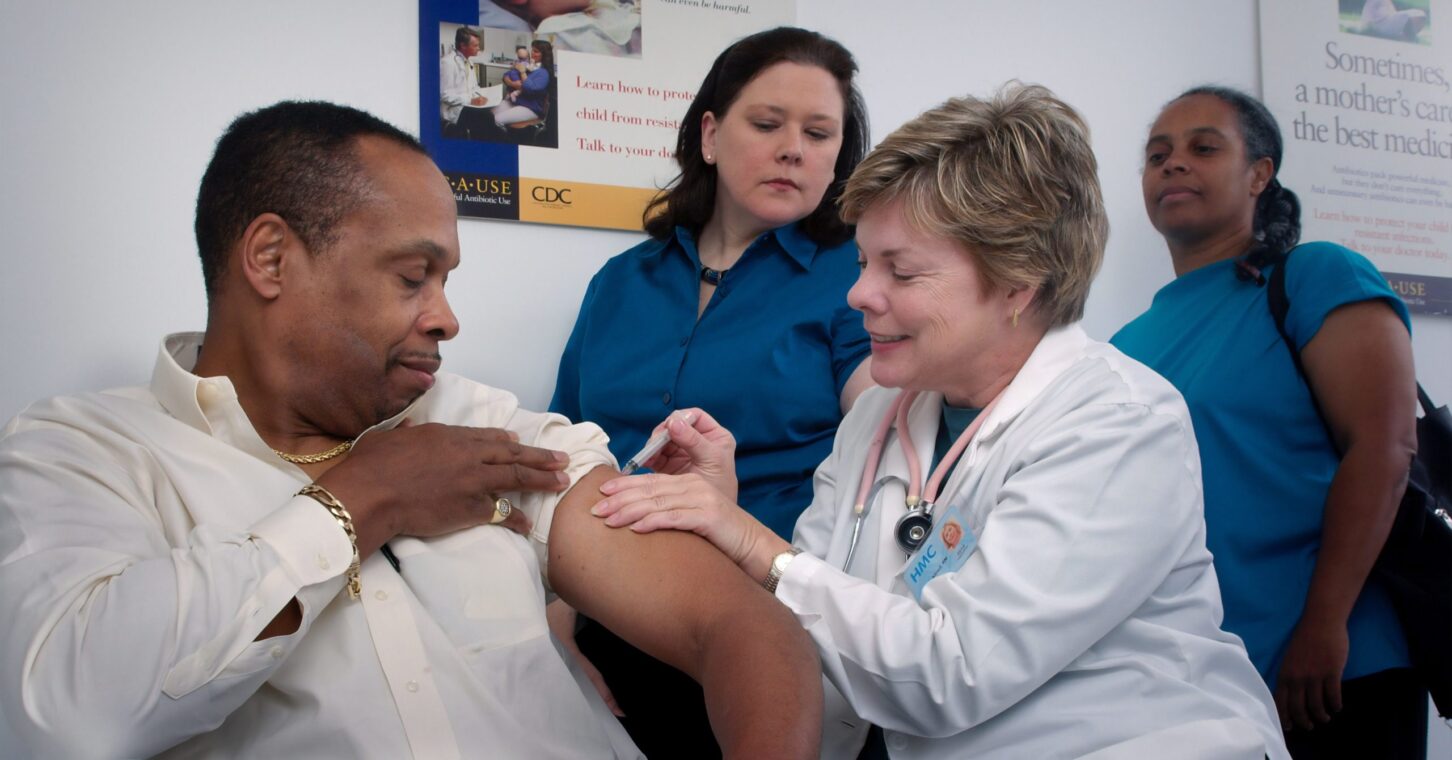
President Joe Biden this past week said federal agencies will begin requiring employers with as few as 100 employees to mandate their workers get vaccinated against COVID-19 or submit to regular testing. It’s an example of overreach that deserves a court challenge.
It is also the latest example of failure by our institutions.
As we watch the “delta” variant of this coronavirus take hold and overwhelm our hospitals, so soon after we thought the pandemic was ending thanks to an effective vaccine, it is hard to deny that Americans are struggling to process the information inundating them. Our institutions are supposed to help us do just that, so we can make sound decisions and generally function well in society.
You may think of institutions as large, even bureaucratic entities. The Centers for Disease Control and Prevention is one such example, and it clearly has failed at communicating effectively, consistently and credibly during this pandemic.
But there are other kinds of institutions: the news media, businesses, schools. Sources of moral guidance, such as churches and synagogues, are institutions. So is the family, from marriage to parenthood.
In his 2020 book about the need to restore our institutions, “A Time to Build,” author Yuval Levin said institutions do the following:
They “impress themselves on our perception and imagination. They shape our understanding of the boundaries of our experience. And they give us an idea of what it means to form, to transform, to reform, to deform, to conform.
This is how our institutions shape our social existence and our associational lives.”
The great economist Thomas Sowell, writing about the vast and dispersed nature of knowledge in our world, describes “decision-making units” that help us know what to do amid a sea of often disconnected information. These are, by and large, different kinds of institutions.
It is probably true that some people should not get the COVID-19 vaccine, due to special personal circumstances; that’s one of the many problems with a blunt mandate like the Biden administration’s. But it’s also highly likely that this group is smaller than the ranks of the unvaccinated.
Anecdotally, most reasons I hear for not getting the vaccine don’t stand up to fact-based scrutiny. Sometimes that’s because the facts changed as we’ve gained experience with the vaccine. Sometimes it’s because people misconstrued certain information. Sometimes it’s because people simply absorbed bad information and stuck with it because they didn’t realize it or, too often, simply wanted to believe it.
Our society developed institutions to help protect against bad individual decisions that hurt others, such as criminal actions or widespread illiteracy – or a highly contagious disease.
But trust in institutions is waning at an alarming rate. Gallup has asked Americans about their faith in various institutions since the early 1970s. Twenty years ago, the share of Americans who professed a “great deal” or “quite a lot” of confidence in a list of nine institutions, ranging from Congress to big business to newspapers, was an average of 22 percentage points larger than the share who said they had “very little” or “none.” That average was virtually unchanged from two decades earlier, even if particular institutions rose or fell.
But in recent years, the average difference was less than 5 points. That includes a 31-point drop over the past two decades for newspapers, a 33-point drop for organized religion and a 39-point drop for Congress (which already was barely breaking even).
Think about that: Trust in one major source of information, one major source of moral teaching, and the branch of the federal government closest to the people has plummeted – all leading up to a time when we struggle to know who, or what, to believe.
There are, of course, other factors. But institutions were one of the best lines of defense our society has created to guide us during this time – as well as stand between individuals and a centralized government that will otherwise wield unchecked control over their lives. We abandon, rather than improve, institutions at our peril.